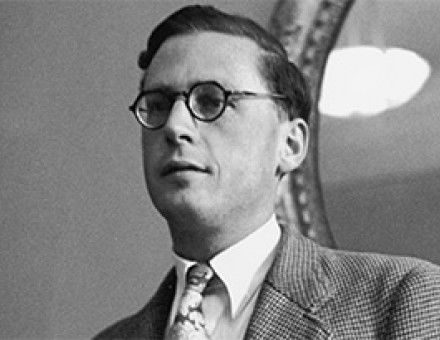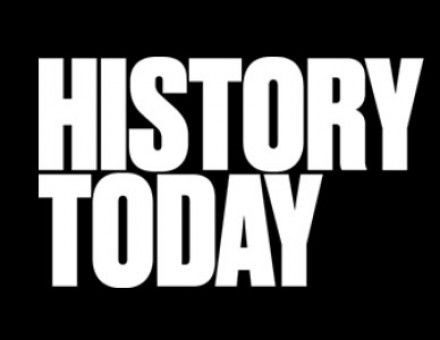Taking Sides on the Great War
As commemorations of the outbreak of the First World War get underway, Stephen Cooper offers an overview of the often fierce debate among British historians about the conduct and course of the conflict over the last hundred years.





